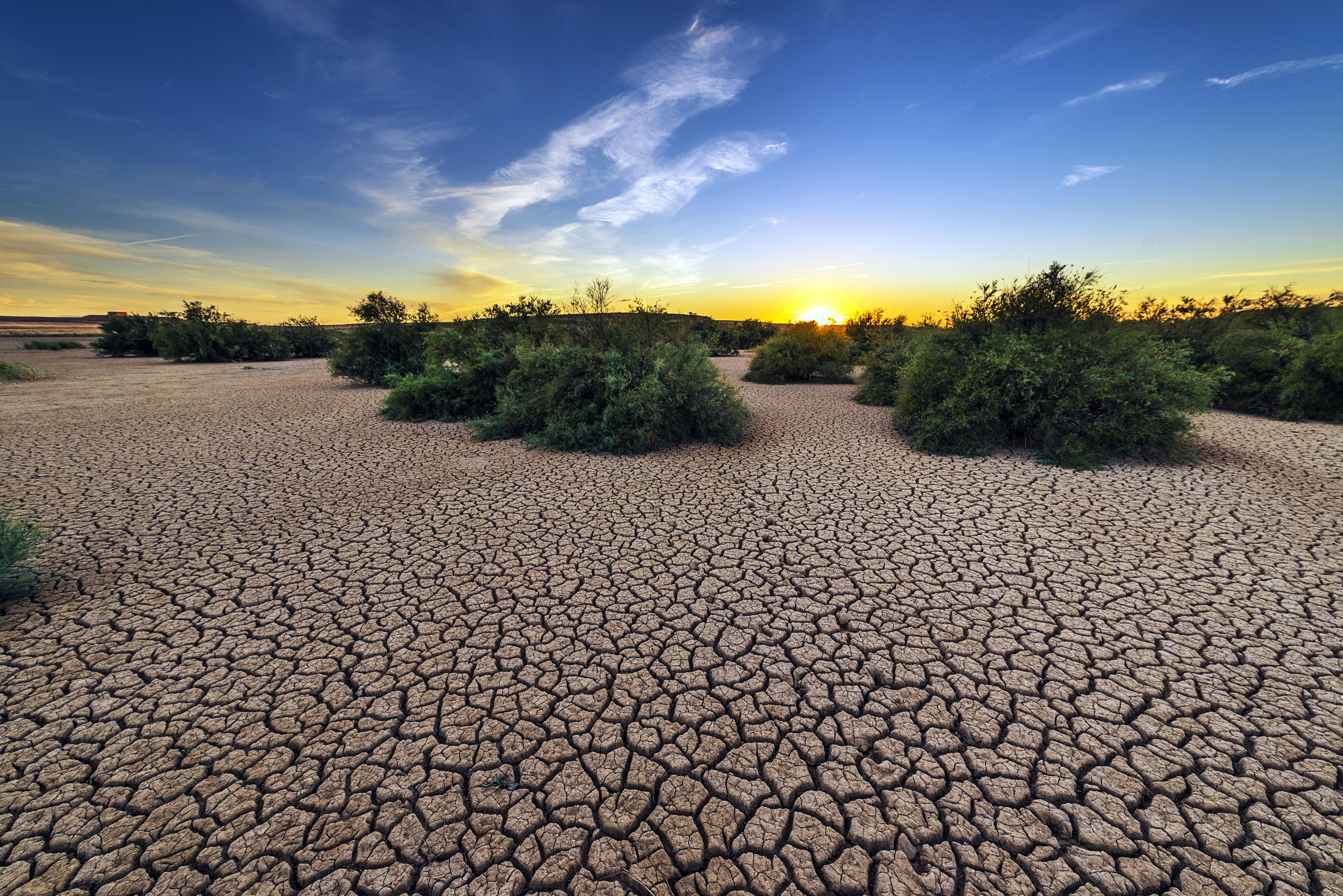Just Transition Coal exit and transformation of the energy system in South Africa are progressing – Germany is lending a hand to help make it socially fair
South Africa generates 85 per cent of its electricity from coal. And the South African coal industry employs 90,000 people. That is why the structural transformation initiated by the government in Pretoria is aimed at both achieving the energy transition and safeguarding jobs. Together with the US, Great Britain, France and the EU the German government agreed a Just Energy Transition Partnership (JETP) with South Africa at the COP26 climate conference in Glasgow in November 2021. This partnership is intended to prevent up to 1.5 gigatonnes of CO2 emissions in the coming years.
At the government negotiations between the Development Ministry and the South African government, investments were agreed to develop the infrastructure for renewable energy. This includes, for instance, the construction of solar, wind and biomass plants and of transmission lines for green energy. These investments are meant to create new jobs, in particular in the former coal regions. Funding can also be provided for the retraining of workers who used to work in the coal sector.
Furthermore, it was agreed at the government negotiations to align vocational education and training more strongly with the needs of the energy transition. Young people are to be given training opportunities for which there will be particular demand in the future in the field of renewable energies and green hydrogen.
The German Development Ministry has now committed additional funds amounting to 320 million euros for the next two years to support the energy transition and to support measures to cushion the social impact of the transition. 270 million of that will be provided in the form of reduced-interest loans and 50 million as grants.
Additional grants worth 35 million euros are helping South Africa to carry out important reforms in other areas. The vocational opportunities of women, for instance, are to be improved, for example by upskilling women to make them fit for jobs in digital technologies (6.5 million euros). Ongoing projects in vaccine logistics and production will be increased by 2.5 million euros. As part of two ongoing programmes we are supporting efforts to set up two pilot facilities for the production of mRNA-based vaccines and a training centre for vaccine technology and equip existing laboratory and research facilities for vaccine development and the National Control Laboratory.
South Africa is grappling with a high level of violence – an obstacle to social cohesion and economic development. That is why Germany is providing support for efforts to prevent violence (21 million euros) and implement the national strategy on preventing violence and for efforts to upgrade urban spaces in South African townships that are particularly affected by violence. A special focus is put on addressing extensive violence against women.

